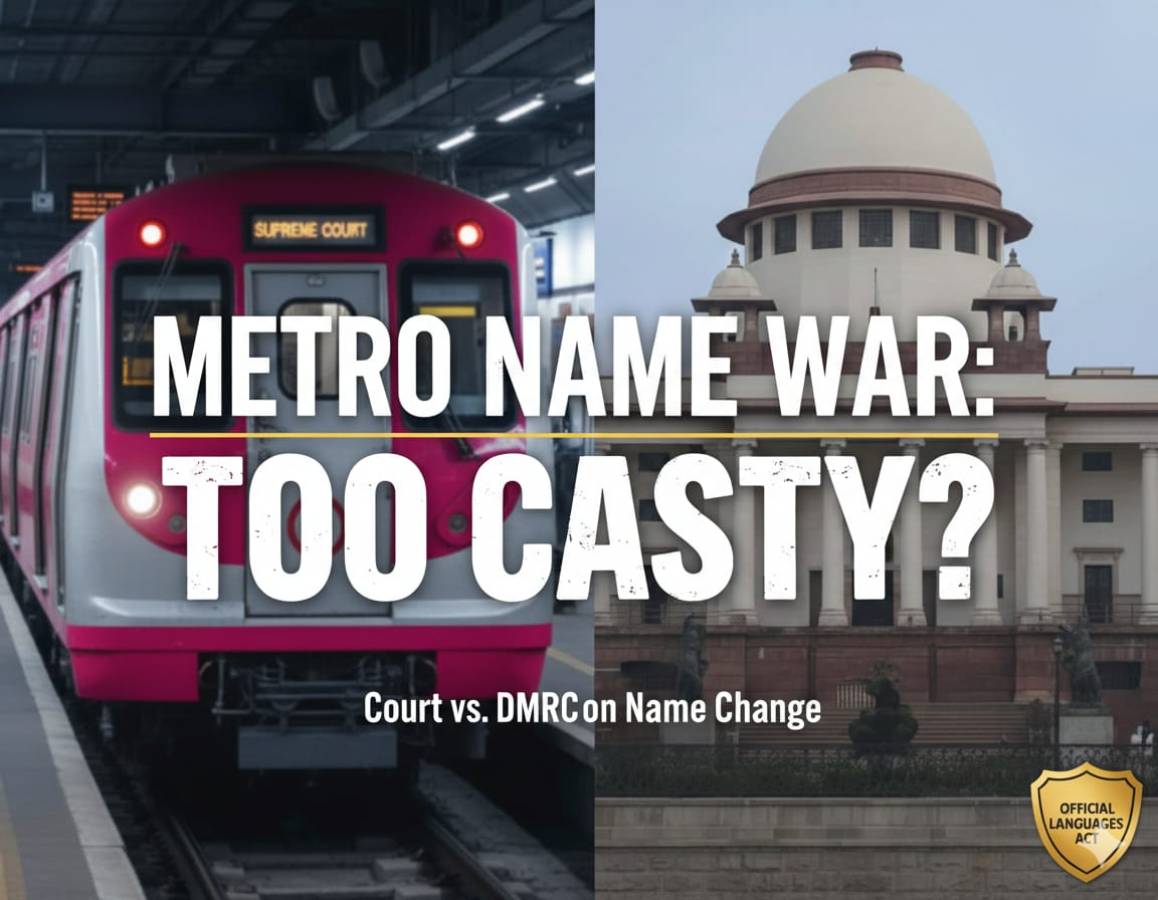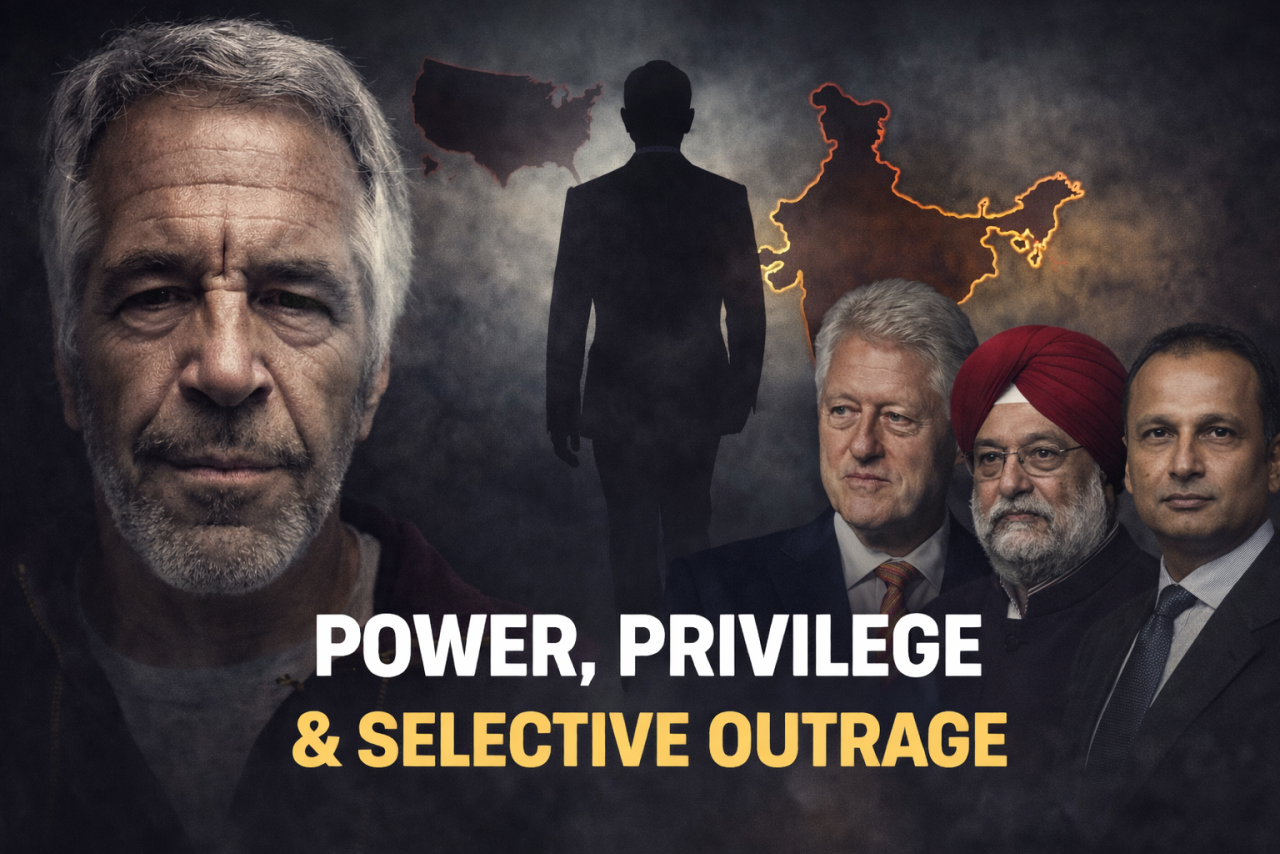.jpeg)
Mahatma Gandhi is remembered across the world as a symbol of peace and nonviolence. His methods of satyagraha and civil disobedience inspired not only India’s freedom struggle but also global leaders such as Martin Luther King Jr. and Nelson Mandela. Yet one question has often puzzled people: why did Gandhi never win the Nobel Peace Prize, the most recognized award for efforts toward peace?
The answer lies in a mix of history, politics, and the limitations of the Nobel Committee at that time.
Gandhi’s Nominations
Mahatma Gandhi was nominated for the Nobel Peace Prize five times. His first nomination came in 1937. It was supported by members of the Norwegian parliament who admired his leadership of a mass movement without violence. Gandhi was again nominated in 1938, 1939, 1947, and finally in 1948, just days before his assassination.
These repeated nominations show that the world was aware of his work. He was not ignored. Yet, despite his global recognition, he never made it to the final stage of receiving the award.
Reasons Behind the Nobel Committee’s Decisions
When Gandhi was first nominated in 1937, the Nobel Committee praised him but also expressed doubts. Some members felt that his political struggle for Indian independence did not fit into the category of “peace” as defined by Alfred Nobel’s will. Nobel’s prize was meant for people who worked to reduce armed conflicts between nations. Gandhi’s campaigns were seen as part of a national struggle rather than international diplomacy.
Another reason was the fear of colonial politics. Norway was a small European country, and its Nobel Committee was cautious about offending the British Empire, which still ruled India. Awarding Gandhi might have been seen as a political statement against Britain.
There were also concerns about Gandhi’s methods. While he strongly believed in nonviolence, some members of the committee pointed out that his movements sometimes led to riots, clashes, and loss of life. Critics argued that the Nobel Prize should go only to those whose efforts resulted in complete peace without any disorder.
The Missed Opportunity of 1947
In 1947, when India finally gained independence, Gandhi was once again nominated. Many thought this was the year he would finally be recognized. However, the committee decided otherwise. The partition of India and Pakistan was marked by terrible violence, including communal riots and mass killings. Some members felt that Gandhi had not been able to prevent the bloodshed. They concluded that giving him the prize in such a year would be inappropriate.
The Posthumous Nomination of 1948
In 1948, Gandhi was nominated for the Nobel Peace Prize for the last time. But on 30 January that year, he was assassinated in New Delhi. The Nobel Prize rules did not allow posthumous awards unless the winner had been announced before death. As a result, Gandhi’s name was removed from consideration.
Interestingly, the Nobel Committee admitted that year that not giving him the award had been a mistake. No Peace Prize was awarded in 1948. The official statement said that there was “no suitable living candidate.” Many saw this as an indirect way of acknowledging Gandhi’s greatness without breaking the rules.
Later Reflections by the Nobel Committee
Decades later, members of the Nobel Committee openly expressed regret for not giving the award to Gandhi. In 2006, the Committee’s chairman, Geir Lundestad, said, “The greatest omission in our 106-year history is undoubtedly that Mahatma Gandhi never received the Nobel Peace Prize. Gandhi could do without the Nobel Peace Prize, but whether the Nobel Committee can do without Gandhi is the question.”
This statement reflects how much the world has changed in its understanding of peace. Today, the definition of peace includes not just international treaties but also nonviolent struggles for justice and human rights. In this sense, Gandhi was far ahead of his time.
Gandhi’s Legacy Beyond Awards
Although Gandhi never received the Nobel Peace Prize, his influence has been far greater than that of many award winners. His philosophy shaped movements in South Africa, the United States, and many other parts of the world. Leaders like Martin Luther King Jr., Nelson Mandela, and the Dalai Lama have openly said that Gandhi was their inspiration.
In 1999, when the Nobel Institute conducted a survey asking people to name the most important peace figures of the 20th century, Gandhi’s name topped the list. This showed that the absence of the Nobel Prize did not reduce his place in history.
Final Take
Mahatma Gandhi did not win the Nobel Peace Prize because of the political climate of his time, the committee’s narrow definition of peace, and strict rules about posthumous awards. Yet his life and message continue to inspire peace movements worldwide. In many ways, his legacy is larger than any single prize.
The Nobel Committee itself has admitted its oversight. History now remembers Gandhi not as a man who missed an award but as someone who gave humanity a new way of fighting injustice without hatred or violence.





















